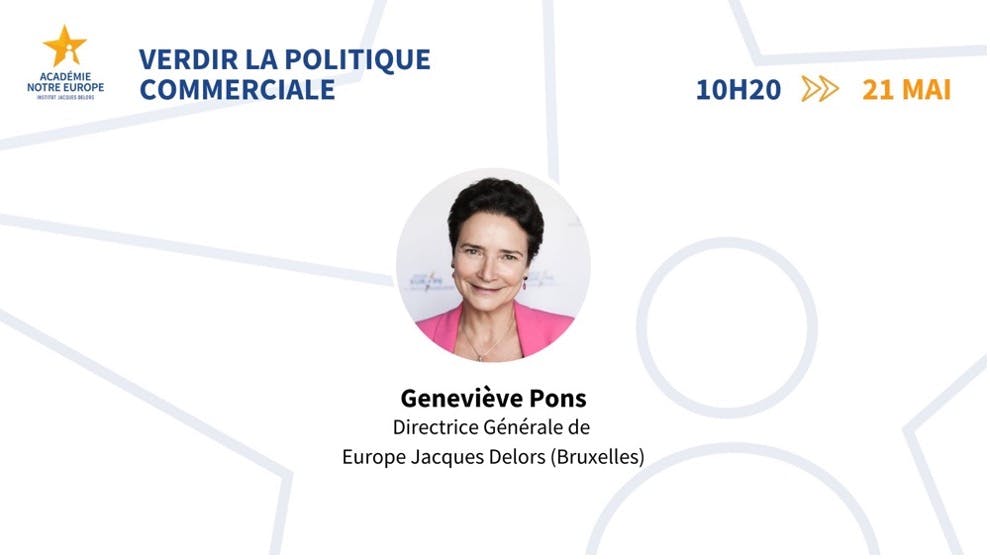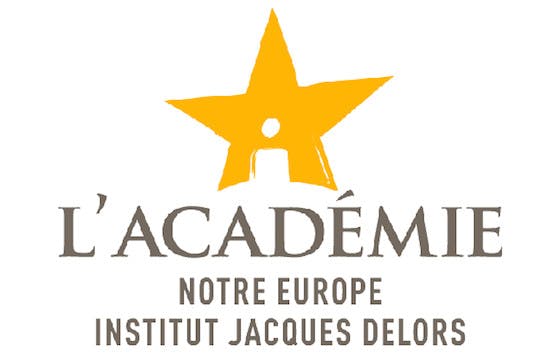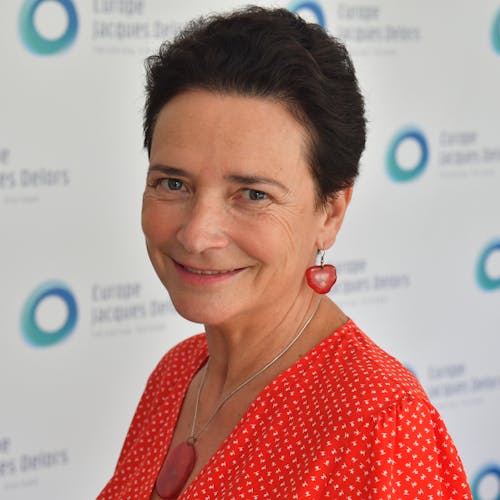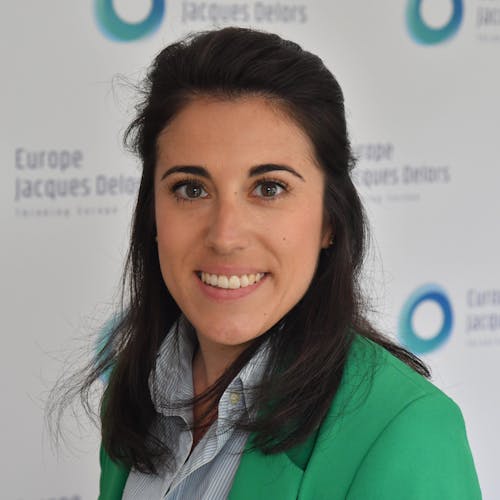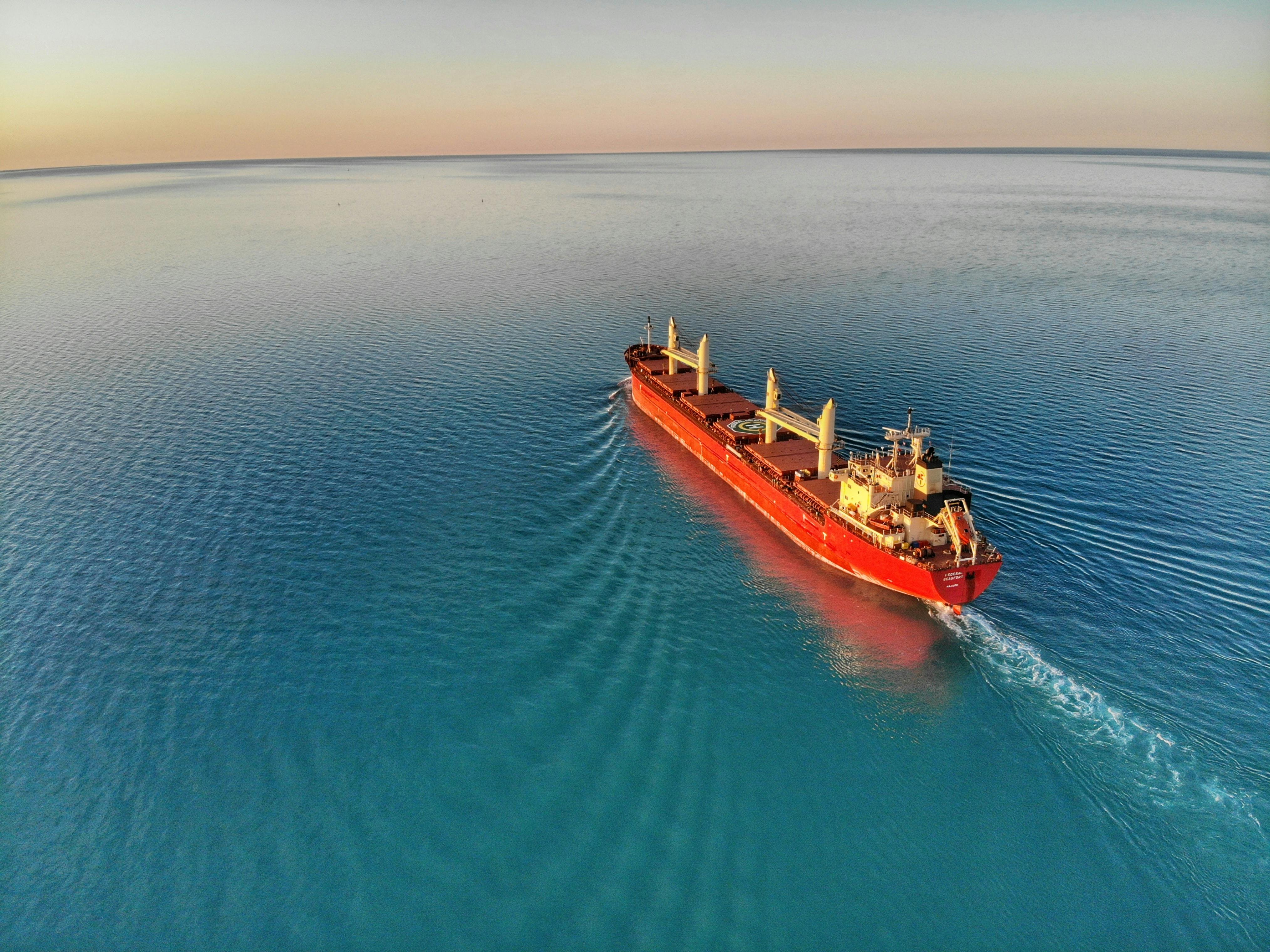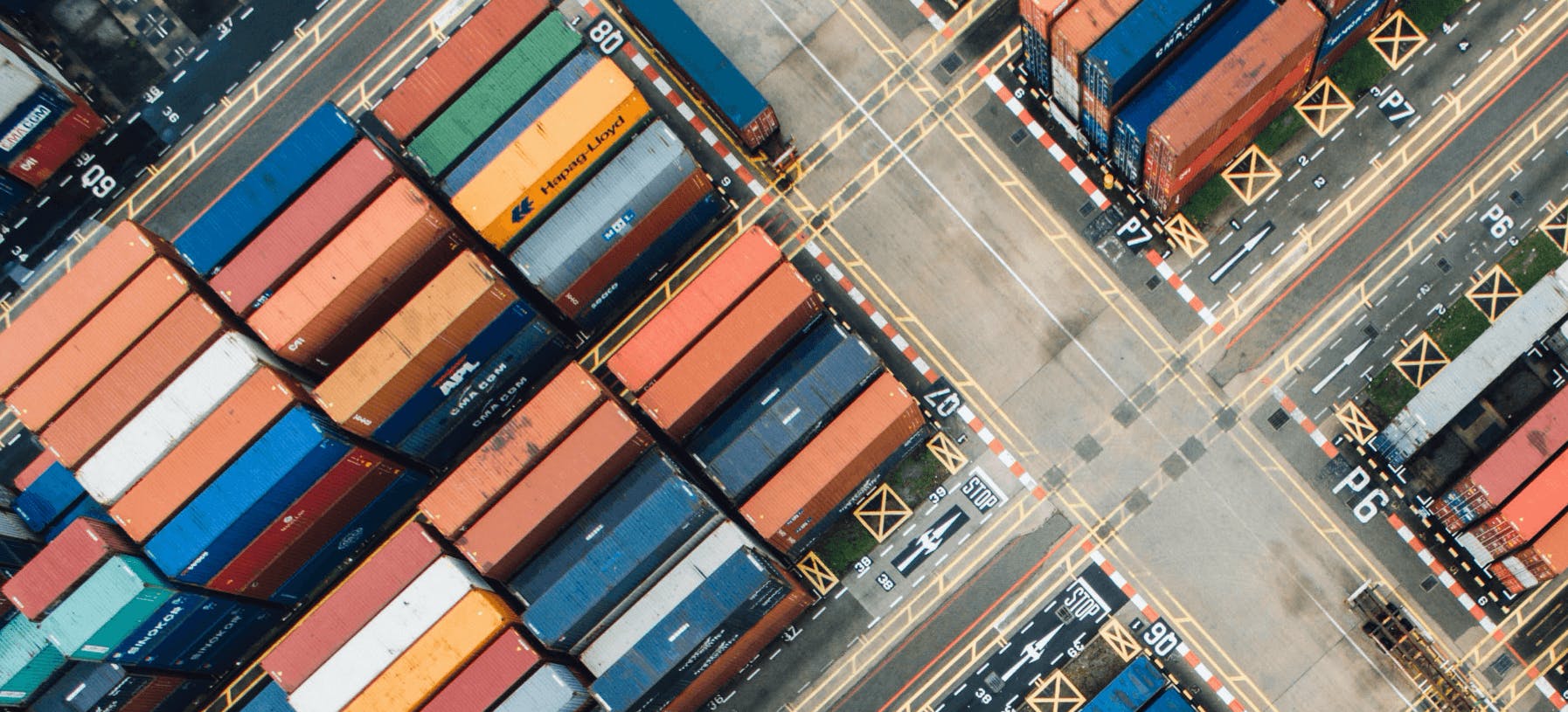Geneviève Pons: “International trade must be put at the service of the ecological transition”
Geneviève spoke to the students of Académie Notre Europe on the greening of the European Union's trade policy and pointed out the importance of putting the ecological transition at the service of international trade: “International trade has accelerated the damage of a model that is ours, liberal capitalism, which has not sufficiently taken our natural or our human resources into account. International trade must now be put at the service of the transformation of our development model, which is necessary to accomplish a socially fair ecological transition.”
On the issue of the European Union's bilateral agreements on environmental sustainability, Geneviève Pons mentioned some of the improvements of the last 10 years and proposed four solutions to go further:
a. Make compliance with the Paris Agreement an essential element of trade agreements.
b. Systematize the ex-ante publication (before signature) of a report assessing the impact of trade agreements on the environment.
c. Introduce a green conditionality allowing for the reduction of certain customs tariffs.
d. Integrate the specificities of each trading partner (deforestation, biodiversity, coastal protection, decarbonization, etc.) into the sustainable development approach of bilateral agreements and strengthen the mechanisms for implementing these provisions.
Geneviève Pons spoke of the Carbon Border Adjustment Mechanism (CBAM) "raison d'être" and stated that: "We will not achieve the goals of the Paris agreements and the goal of carbon neutrality by 2050 without having a high carbon price". This will have a strong impact on the most carbon intensive industries such as cement, steel, aluminum and chemical industries. If we want to avoid carbon leakage in these sectors – i.e., that they just leave the EU to produce and pollute elsewhere – we will have to apply equivalent prices to the CO2 contained in similar imported products. "That is the purpose of a CBAM”, she stated.
